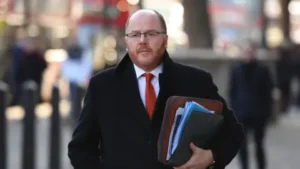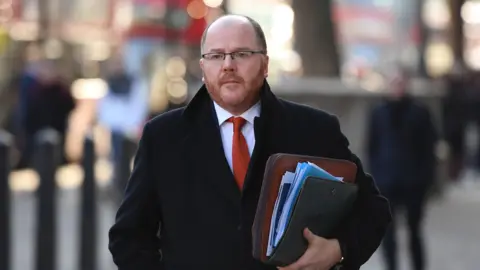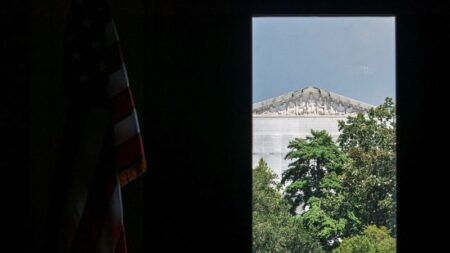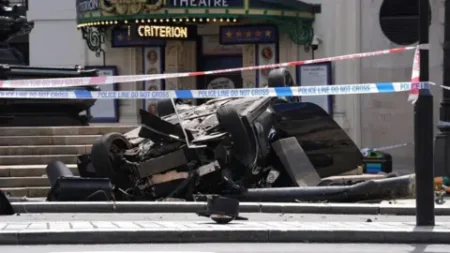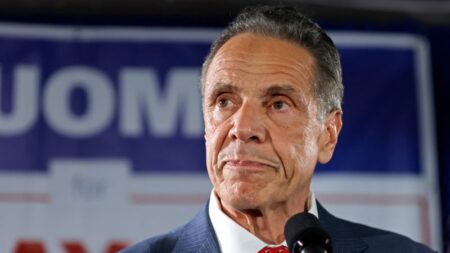George Freeman, a Conservative MP and former science minister, recently found himself in the spotlight after self-referring to the parliamentary standards commissioner amidst serious allegations related to “cash for questions.” According to a report by the Sunday Times, Freeman allegedly solicited guidance from the director of GHGSat, an environmental monitoring firm, on formulating questions he intended to submit to the government concerning space data and emissions tracking. This raises significant questions about the integrity of parliamentary proceedings and whether there may have been undue influence involved in the questioning process.
Freeman’s actions have drawn scrutiny, particularly since a governing committee had previously advised him against lobbying on GHGSat’s behalf, due to his past role as science minister. His interactions with the firm are particularly contentious, given the sensitive nature of government oversight in environmental issues and how closely these intersect with private corporate interests. The MP, representing Mid Norfolk, asserted in a statement to the BBC that he did not believe he acted inappropriately, while his party, the Conservative Party, opted for caution, suggesting that it would be “inappropriate” to make any statements while the inquiry is underway.
The investigation follows revelations that Freeman had communicated with GHGSat’s director seeking input on questions he could ask government ministers. In his inquiries, he not only sought advice on what specific topics to discuss but also asked whether the company could assist in optimizing the phrasing he used, so that it would effectively translate into parliamentary language. This kind of communication raises further concerns about the appropriateness of lobbying efforts, especially considering Freeman’s prior advisory role with GHGSat.
Freeman’s background is notable; he served as a science minister under both Boris Johnson and Rishi Sunak, and has been an MP since 2010. His tenure included a position on the science, innovation, and technology committee, where he was poised to have a substantial impact on policies pertaining to scientific research and environmental stewardship. His association with GHGSat dates back to April 2024, when he was registered as a consultant receiving a salary of £5,000 for eight hours of work per month. However, he departed this role in March 2025 after the appointments watchdog, Acoba, raised concerns regarding the potential conflicts of interest stemming from his governmental influence and the corporate connection.
As the allegations surfaced, the parliamentary standards commissioner has become an essential figure. Freeman has committed to fully cooperating with the investigation. He expressed his belief that he had maintained transparency throughout his parliamentary career, indicating a willingness to address any criticism directed at him. He commented that his practice of consulting experts for clarification in technical discussions is standard operating procedure for parliamentarians and emphasized alarm regarding what he termed “targeted and unauthorized access” to his emails, an assertion he has reported to the police.
The political ramifications of these events are starting to unfold. Calls for swift action against Freeman have emerged, particularly from opposition parties, urging Conservative leader Kemi Badenoch to suspend him while the investigation proceeds. Helen Whately, the Tory shadow work and pensions secretary, expressed her shock at the allegations but refrained from making definitive comments, acknowledging the ongoing investigation by the parliamentary commissioner.
This situation not only casts a shadow on Freeman’s career but also raises broader implications regarding the ethics of political lobbying and the accountability of public officials. As inquiries continue, the outcome will be pivotal in maintaining public trust in parliamentary integrity and the safeguards designed to prevent corruption or the appearance of impropriety in political advocacy.

